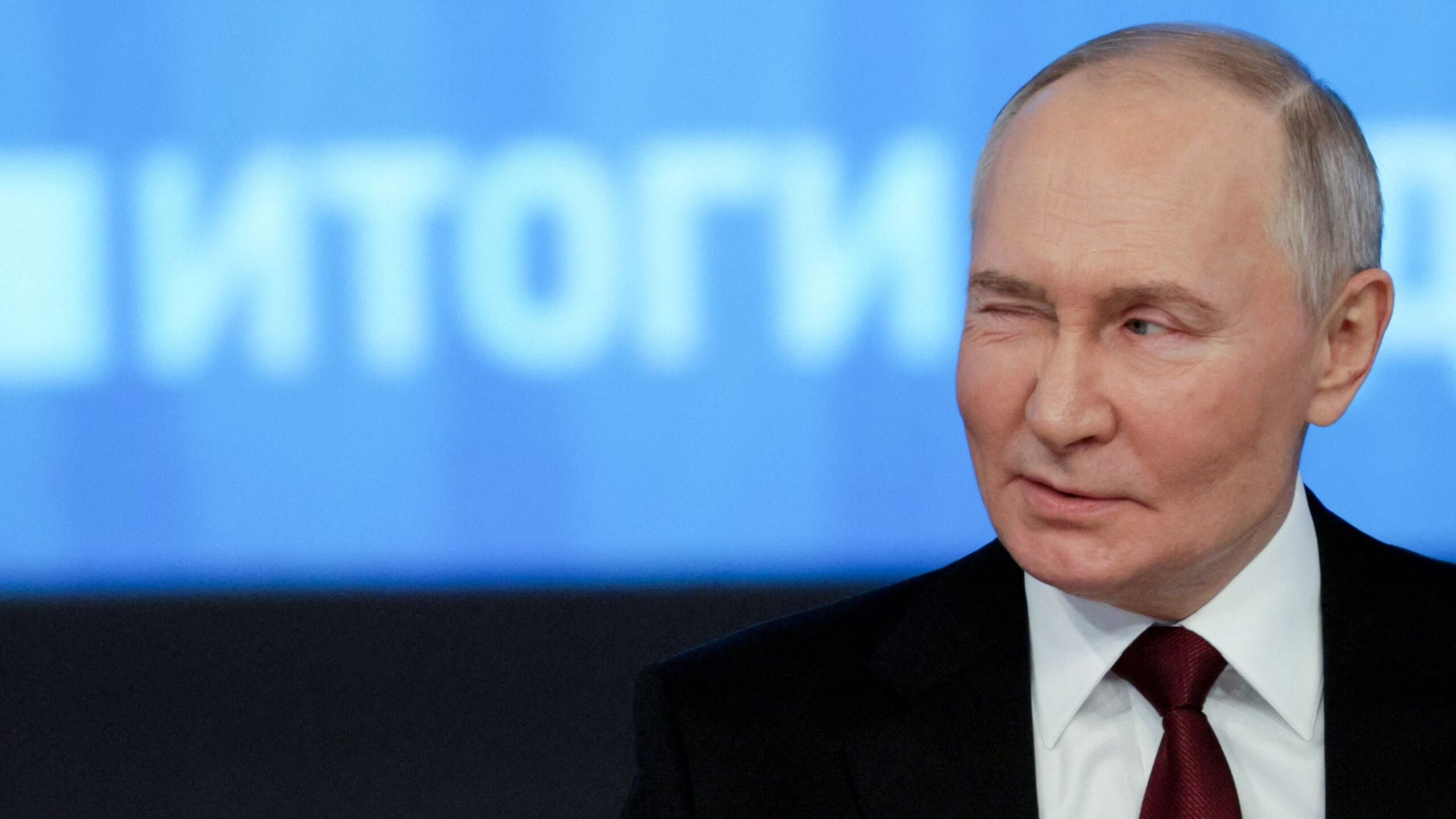
Russia’s slowing economy and ballooning budget deficit are adding strain to the Kremlin as the war in Ukraine continues. The finance ministry reported in August that the deficit reached 4.88 trillion rubles ($61.1 billion) between January and July, equal to 2.2% of GDP. Government spending surged nearly 21% in the same period, driven largely by defense.
So far, oil and gas sales to allies such as China and India and higher taxes have supported this spending. But declining export revenues, sanctions, and softer global demand threaten those lifelines, leaving Moscow with fewer options to maintain its war budget.
Growth Outlook Weakens
After expanding 4.3% in 2024, Russia’s economy is forecast to slow sharply, with the central bank predicting only 1% to 2% growth this year. Economists warn of stagnation risks as interest rates remain high and sanctions deter private investment. Alexander Kolyandr of the Center for European Policy Analysis cautioned that while the government has kept up defense and social spending, cuts elsewhere may soon be unavoidable.
The war effort and rising defense spending have fueled inflationary pressures, though the Central Bank of Russia has recently managed to slow price rises. Inflation cooled to 8.8% in July, down from 17.8% in 2022, prompting two rate cuts over the summer. The bank forecasts inflation could reach its 4% target by 2026. Still, analysts describe this “balanced growth path” as little more than anemic expansion.
Recession Risk Looms
President Vladimir Putin has acknowledged the risks of stagnation and recession, warning that maintaining positive economic momentum is crucial. Recent data shows growth slowing to 1.1% year-on-year in the second quarter, down from 1.4% in the first. Capital Economics predicts GDP growth of just 0.8% in 2025, with the risk of recession this year “very high.”
What The Author Thinks
Russia’s economy shows the classic signs of strain under the weight of prolonged conflict: soaring defense costs, weakening growth, and the specter of inflation returning. For now, Putin may tolerate slower growth while betting on continued battlefield gains. But as resources thin and everyday Russians feel the pinch, the pressure to adjust strategy—either through negotiations or domestic concessions—will only intensify. A war that once looked like a geopolitical gamble is now just as much an economic one.
Featured image credit: Heute
For more stories like it, click the +Follow button at the top of this page to follow us.
